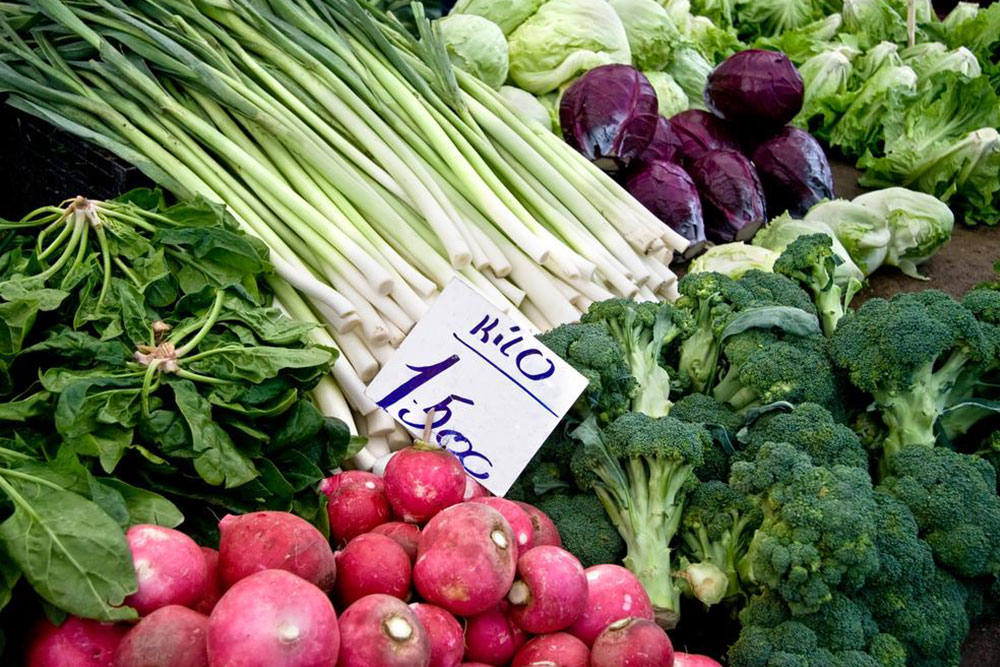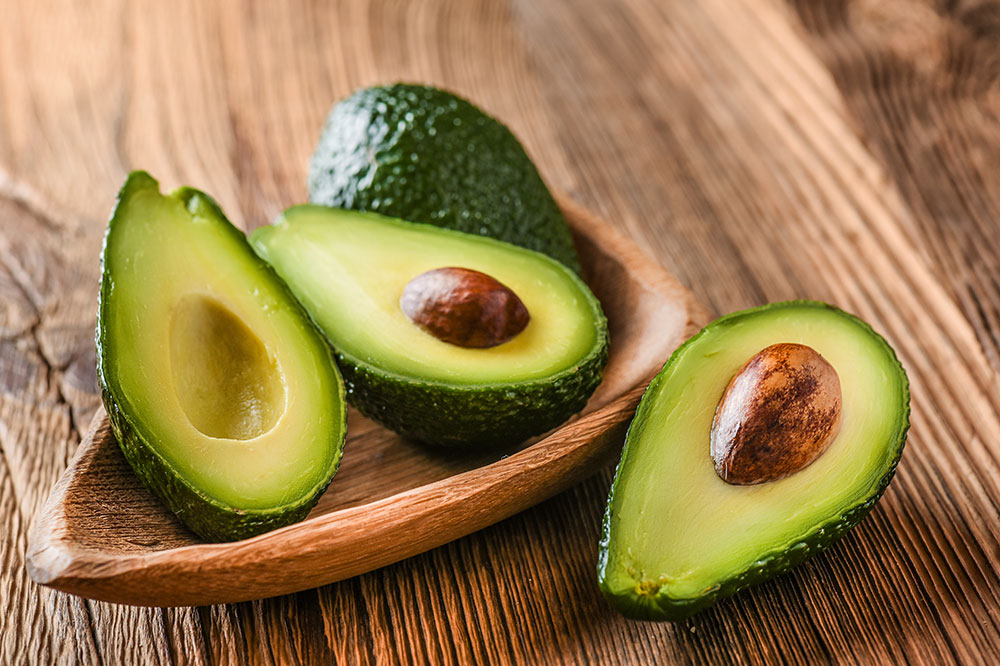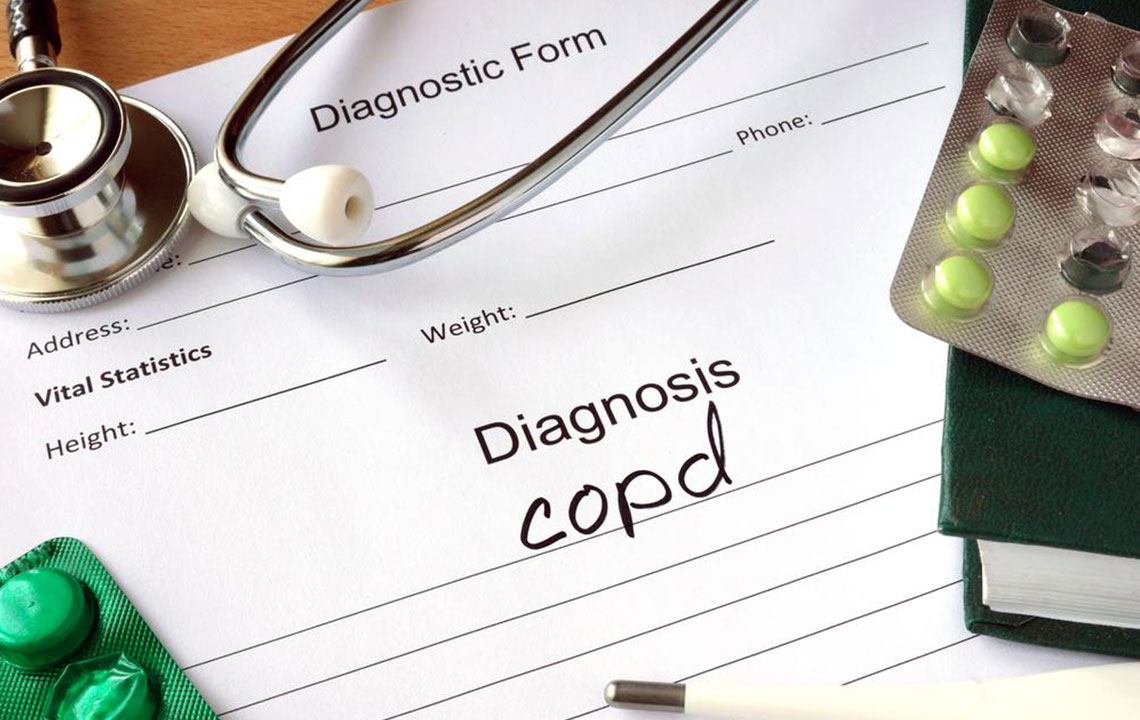Nutritional Strategies to Support COPD Management
Learn effective dietary strategies to support COPD management, including key nutrients like potassium and colorful fruits, to help ease symptoms and improve quality of life. Proper nutrition, combined with medical treatment, empowers those with COPD to maintain an active, healthier lifestyle.

Nutrition Tips to Help Manage COPD Effectively
Chronic Obstructive Pulmonary Disease (COPD) encompasses a group of progressive lung conditions, including emphysema, chronic bronchitis, and refractory asthma. Developing gradually over years, COPD's risk increases with age and certain habits.
Common symptoms include shortness of breath, mucus production, wheezing, chest discomfort, and reduced activity levels. Experiencing these symptoms occasionally does not necessarily indicate COPD, but ongoing issues warrant medical evaluation.
If symptoms persist, consulting a healthcare professional is essential.
Although a cure for COPD remains unavailable, proper diagnosis and medication enable effective management, allowing individuals to maintain their quality of life. Proper nutrition plays a vital role in preventing flare-ups and managing symptoms.
Why is diet important for respiratory health?
Food provides the energy needed for vital functions, including breathing. A balanced diet ensures adequate fuel supply and minimizes excess carbon dioxide buildup—making breathing easier and reducing fatigue.
Incorporating specific foods into your diet can significantly aid in symptom management.
Potassium
Essential for bodily functions, potassium may reduce overall mortality risk by about 20%. The recommended daily intake is 4700 mg, yet most people consume less. A deficiency can cause weakness and respiratory issues. Foods rich in potassium include beet greens, white beans, soybeans, bananas, oranges, avocados, dark leafy greens, potatoes, asparagus, and tomatoes.
Colorful fruits and vegetables
Rich in phytochemicals, these foods help combat cell damage. Nutrient-dense options include berries, pineapples, grapes, cherries, apricots, pears, watermelon, carrots, broccoli, Brussels sprouts, and leafy greens. If certain vegetables cause digestive unrest, like cruciferous types, consult your healthcare provider for personalized advice.
High-calorie foods
Maintaining calorie intake can be challenging for COPD patients, affecting overall health. Nuts make convenient, nutrient-rich snacks that boost caloric consumption. Spread nut butters on whole grain bread or incorporate them into recipes to keep meals enjoyable. Always discuss diet changes with your doctor, especially to monitor weight, as excess weight can hinder breathing. Hydration is crucial—drink plenty of fluids and limit caffeine intake.
By following these dietary guidelines and working closely with healthcare providers, COPD can be effectively managed, allowing individuals to lead active lives.
Note: Our website offers a broad range of informational articles. While we strive for accuracy, readers should consider advice as supplementary and consult healthcare professionals for personalized care. We are not responsible for inaccuracies or differences across platforms. Additionally, some offers or schemes may vary and might be more suited to individual needs.










